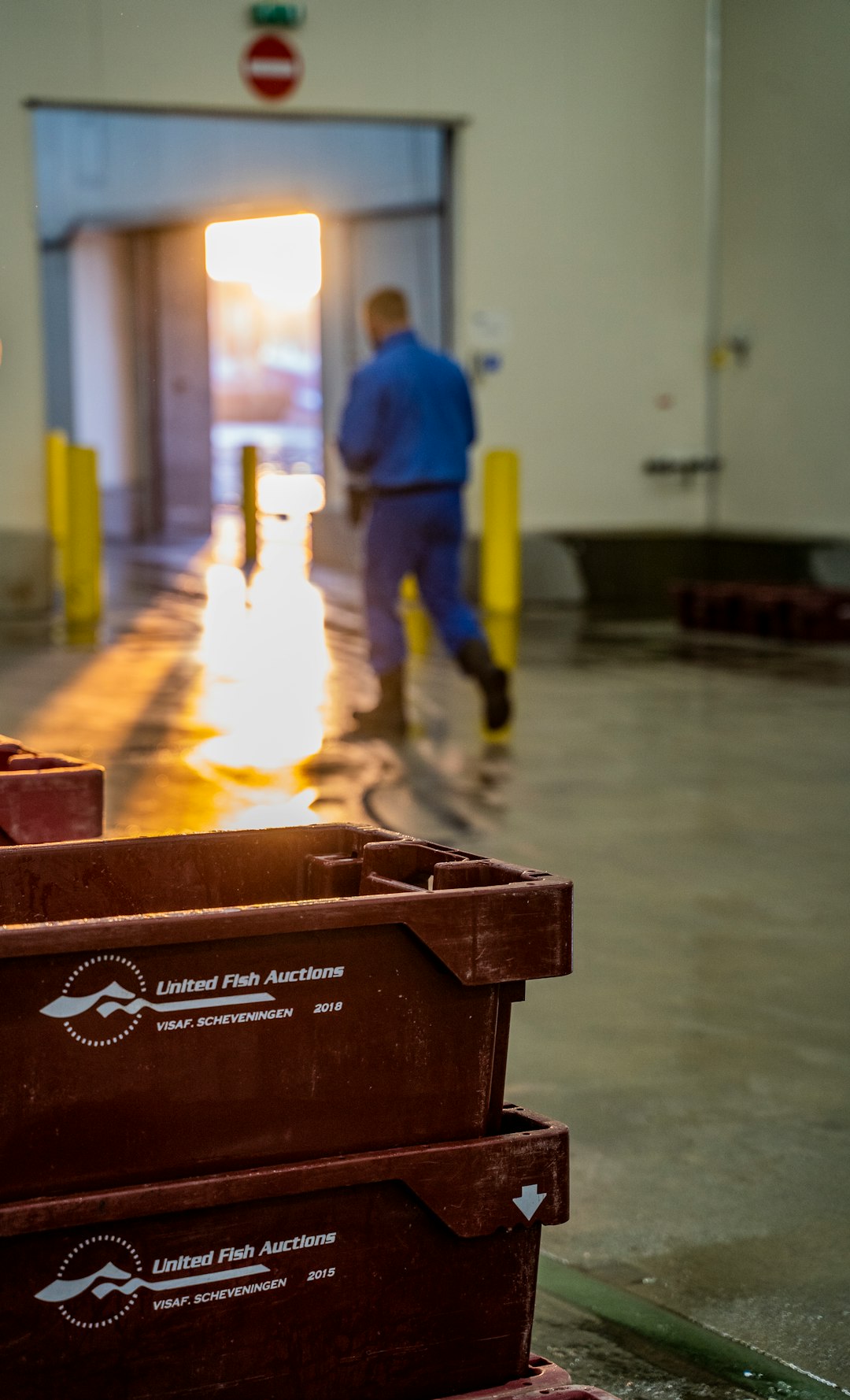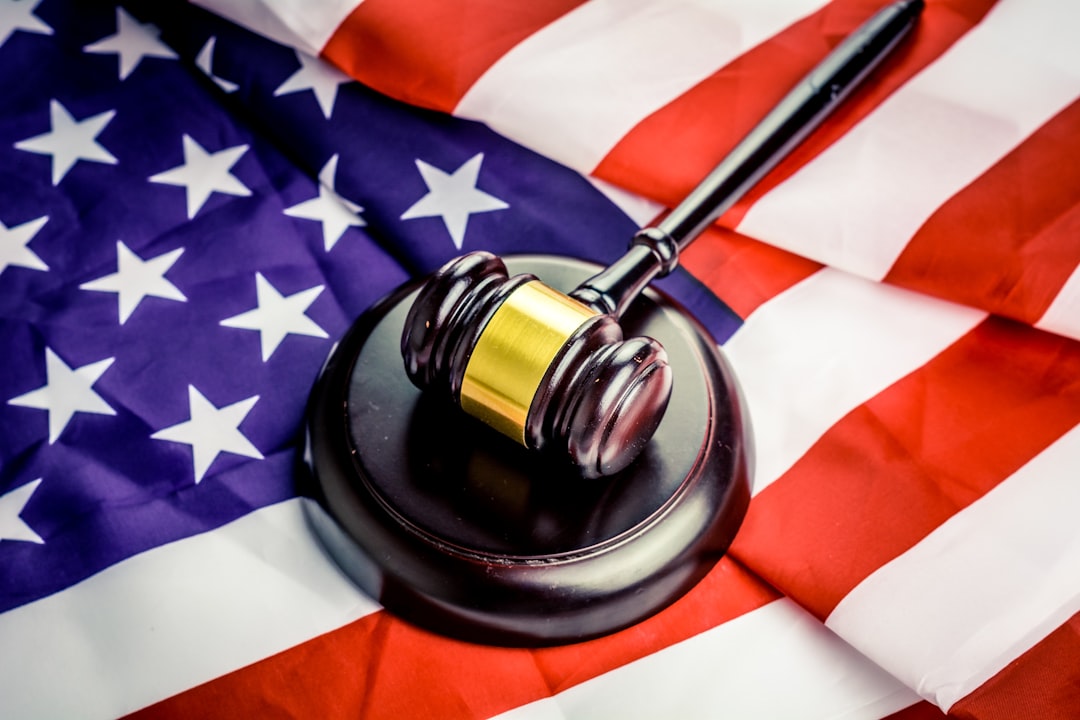Valuations by Warwickshire Auctioneers are essential for financial planning, especially regarding tax liabilities on assets like property or collections. These professionals offer precise assessments using advanced tools and methodologies, ensuring compliance with tax regulations. Their expertise includes appraising diverse assets from real estate to heirlooms, helping clients avoid penalties and make informed decisions. By leveraging Warwickshire Auctioneers' services, individuals and businesses gain unbiased, accurate valuations crucial for navigating complex tax laws while maximizing financial benefits.
In today’s complex tax landscape, understanding valuations for tax purposes is crucial. This guide aims to demystify the process, highlighting the critical role that Warwickshire auctioneers play in providing accurate and professional tax valuation services. We’ll explore what items require tax valuation, how auctioneers conduct these appraisals, and the benefits of seeking expert advice. From avoiding common mistakes to real-world case studies, this comprehensive overview equips readers with knowledge on navigating tax valuations effectively, especially when involving Warwickshire auctioneers.
- Understanding Valuations for Tax Purposes
- The Role of Warwickshire Auctioneers in Tax Valuation
- What Items Require Tax Valuation?
- How Are Valuations Conducted by Auctioneers?
- Benefits of Professional Tax Valuation Services
Understanding Valuations for Tax Purposes

Valuations for tax purposes are a critical aspect of financial planning and compliance, especially when dealing with assets like property or collections. Understanding the process is essential for individuals and businesses alike, particularly in regions such as Warwickshire, where professional auctioneers play a significant role. These valuations go beyond simple market value; they are precise estimates that help determine tax liabilities and potential deductions.
Warwickshire Auctioneers, for instance, offer specialized services to provide accurate valuations for various items, ensuring clients make informed decisions regarding their taxes. Tax laws can be complex, and having a clear understanding of an asset’s valuation is crucial to avoid penalties or miss out on legitimate deductions. Therefore, seeking expert advice from auctioneers or tax professionals is advisable to ensure compliance and maximize financial benefits.
The Role of Warwickshire Auctioneers in Tax Valuation

Warwickshire Auctioneers play a pivotal role in facilitating tax valuations, offering specialized expertise and services tailored to meet the stringent requirements of tax authorities. Their core competency lies in accurately assessing the value of diverse assets, from real estate properties to valuable collections and heirlooms. With an in-depth understanding of market trends and historical data, these auctioneers provide impartial and reliable appraisals, ensuring compliance with tax regulations.
The team at Warwickshire Auctioneers comprises highly skilled professionals who are well-versed in various valuation methodologies. They employ advanced tools and techniques to determine the fair market value of assets, making their services indispensable for individuals and businesses navigating complex tax scenarios. By leveraging their vast experience, they help clients make informed decisions, avoid potential penalties, and ensure their tax obligations are met with precision.
What Items Require Tax Valuation?

When it comes to tax purposes, certain items require a valuation from qualified professionals like Warwickshire Auctioneers. These can include valuable collections, such as art works, antiques, or rare collectibles, which need to be accurately assessed for their monetary worth. Additionally, businesses may need to value inventory, equipment, and other assets to determine depreciation and ensure compliance with tax regulations.
Real estate is another area where tax valuation plays a significant role. Whether it’s residential properties, commercial spaces, or land, Warwickshire Auctioneers can provide expert opinions on market value for tax filing and planning purposes. This is especially crucial during transactions, revaluations, or when claiming deductions related to property ownership.
How Are Valuations Conducted by Auctioneers?

Warwickshire auctioneers employ a meticulous process to conduct valuations for tax purposes. They begin by thoroughly examining the item or property, considering its condition, rarity, and market trends. This involves detailed inspections, often with specialized tools or expertise, to ascertain the item’s true value.
The auctioneers then research comparable sales data from previous auctions, historical market records, and industry publications to gather a comprehensive understanding of the asset’s place in the market. They weigh these factors against any unique attributes or influences that could impact the item’s desirability and value. This multi-faceted approach ensures accurate valuations tailored to tax assessments.
Benefits of Professional Tax Valuation Services

When it comes to tax-related valuations, turning to professional auctioneers like Warwickshire Auctioneers offers numerous advantages. Their expertise lies in providing accurate and unbiased assessments, which are crucial for navigating complex tax regulations. With their extensive knowledge of the market, they can offer valuable insights into the current worth of assets, ensuring you make informed decisions when preparing for tax obligations.
Warwickshire Auctioneers’ services streamline the process, saving individuals and businesses time and effort. They employ meticulous methods to evaluate various types of assets, from property and art to collectibles and antiques. This professionalism ensures compliance with tax laws, minimizing potential risks and penalties. Their assessments provide a solid foundation for tax planning, giving you peace of mind and a competitive edge in financial management.
When it comes to tax-related valuations, especially for unique or valuable items, Warwickshire Auctioneers play a pivotal role in providing professional services. Their expertise ensures a comprehensive understanding of tax regulations and the accurate valuation of assets, be it art, antiques, or collectibles. By engaging these specialists, individuals can navigate the complex world of tax obligations with confidence, ensuring compliance and maximizing potential returns.
